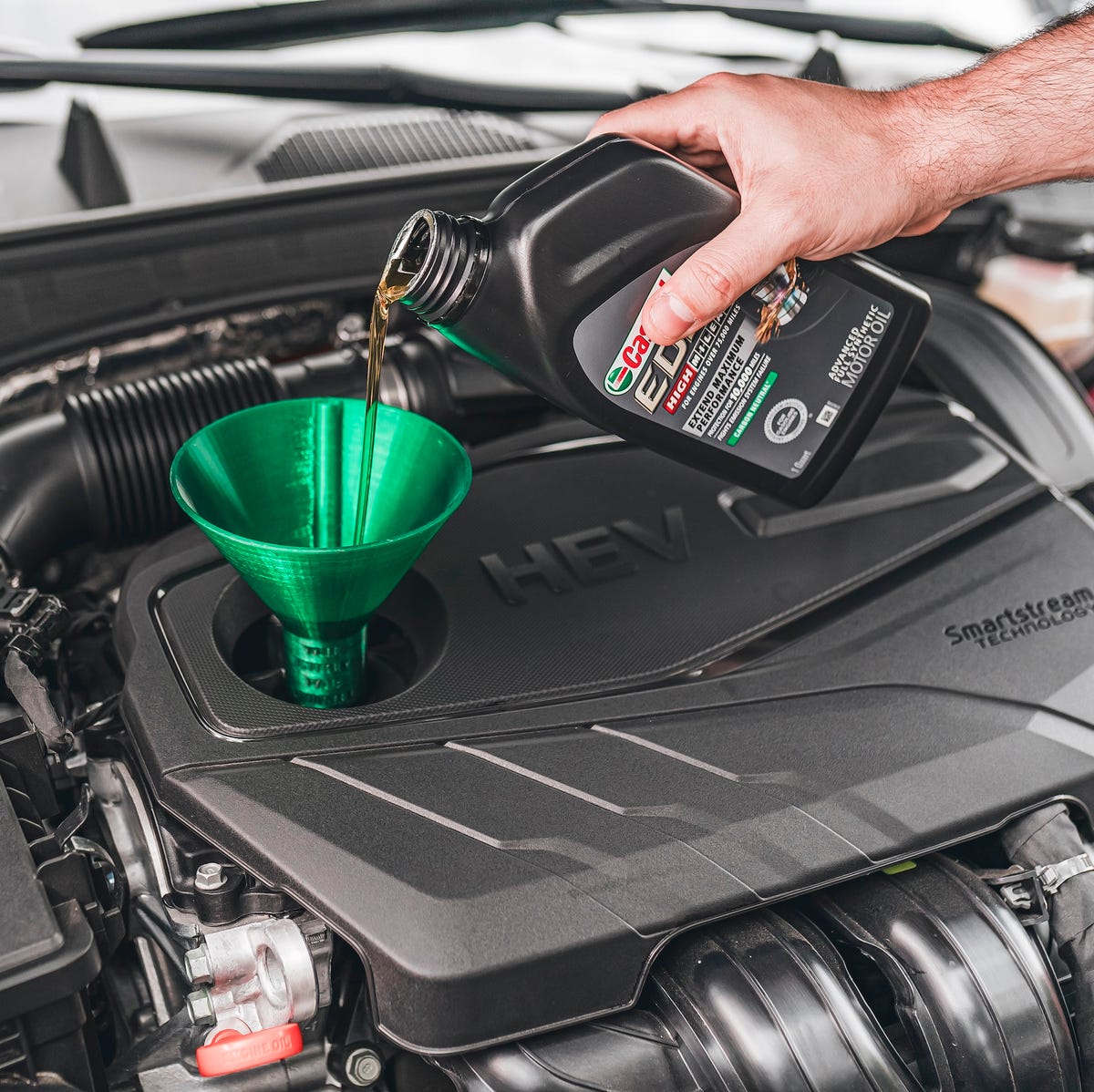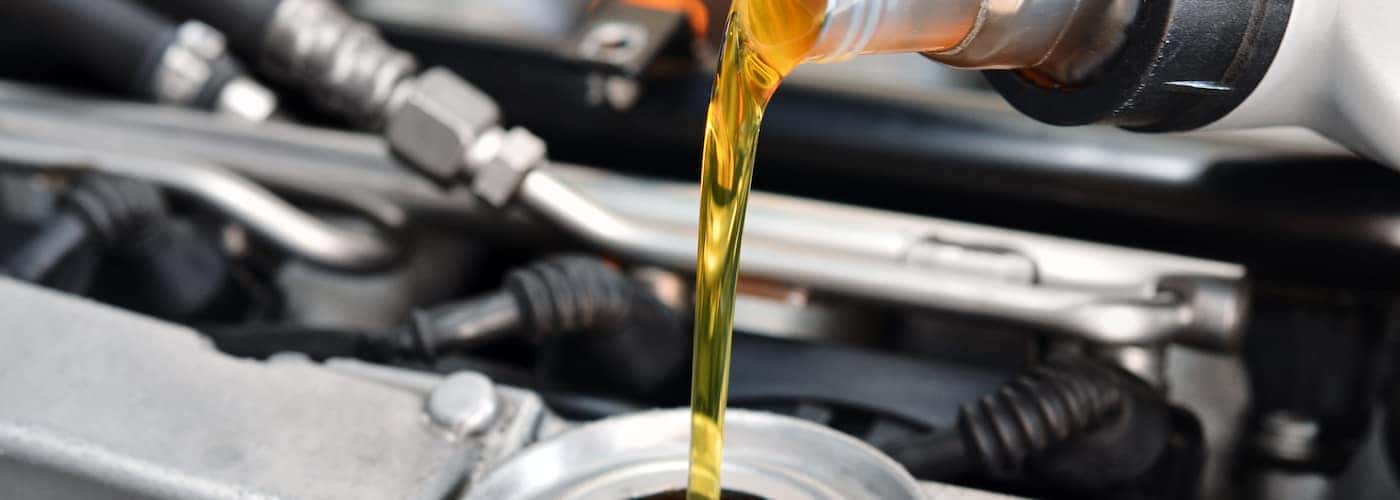Exactly How an Oil Adjustment Enhances Fuel Performance and Safeguards Your Vehicle
Routine oil changes are a vital element of automobile maintenance that can considerably enhance fuel effectiveness and secure engine integrity. By changing old, contaminated oil with high-grade alternatives, friction among engine parts is minimized, leading to enhanced functional effectiveness and fuel intake.
Relevance of Normal Oil Adjustments
Engine oil serves as a critical lube, reducing friction between relocating parts and protecting against excessive wear. Overlooking oil adjustments can lead to a host of issues, consisting of engine getting too hot, minimized fuel efficiency, and ultimately, expensive repair services.
Moreover, normal oil changes contribute to optimal engine performance. Fresh oil ensures that the engine operates smoothly, enabling for far better velocity and responsiveness.
Just How Oil Top Quality Influences Efficiency
Just how does oil quality impact the overall efficiency of an engine? The quality of engine oil plays a crucial duty in preserving ideal engine function.
Additionally, high quality oil has ingredients that improve its performance under varying problems. These additives can consist of cleaning agents, which aid to clean engine parts and avoid sludge accumulation, and anti-wear representatives, which protect vital surfaces during high-stress circumstances. The viscosity of the oil is also necessary; it needs to continue to be steady across a variety of temperature levels to ensure proper flow and lubrication.
Making use of below average or abject oil can lead to lessened performance, resulting in increased engine wear and prospective overheating. Consistently examining and changing the oil according to manufacturer requirements makes sure that the engine operates at its finest, safeguarding your investment in your car.

Effect on Gas Effectiveness
Gas effectiveness is substantially affected by the quality of engine oil utilized in a vehicle. High-quality engine oil facilitates smoother engine operation by lowering rubbing in between relocating parts. This decrease in friction is critical, as it allows the engine to run much more effectively, inevitably leading to enhanced fuel intake. When the engine oil is fresh and of superior high quality, it keeps optimal viscosity, ensuring that the oil flows correctly and gets to all see here now essential elements.
On the other hand, deteriorated or low-grade oil can produce raised friction and resistance within the engine. This not only hampers performance however likewise compels the engine to work harder, leading to higher fuel usage. Regular oil adjustments help preserve the oil's honesty, making certain that it stays efficient in lubing engine parts and preventing accumulation of dangerous down payments.

Protecting Against Engine Deterioration
Preserving ideal engine efficiency is greatly depending on protecting against wear and tear, which can dramatically prolong the life-span of the vehicle. Normal oil adjustments play an important function in this precautionary maintenance technique. Engine oil functions as a lubricant, decreasing friction in between relocating parts, which aids to minimize wear. Gradually, oil can end up being polluted with dust, debris, and steel fragments, decreasing its efficiency.
When oil is not altered on a regular basis, it can result in boosted rubbing, getting too hot, and ultimately, engine failure. Fresh oil, on the various other hand, contains additives that safeguard engine elements from corrosion and wear, ensuring smoother procedure.
In addition to the high quality of oil, adhering to the supplier's advised oil adjustment periods is crucial. By focusing on regular oil changes, car proprietors can considerably minimize the risk of engine wear, enhance performance, and inevitably save on costly repair services, thus maintaining the car's value over time.
Signs Your Oil Requirements Altering
Normal oil modifications are not just essential for protecting against engine wear however likewise for more information acknowledging when your oil needs substitute. Numerous signs show that it might be time for an oil modification, and being alert regarding these can aid maintain your car's performance.

Among one of the most usual signs is the oil change light on your dashboard. Oil Change Lockhart. If this light illuminates, it is a punctual to inspect your oil degrees and think about a modification. In addition, if you discover a dark, abrasive structure when evaluating the oil on the dipstick, it suggests that the oil has actually come to be polluted and is much less reliable in oiling the engine elements
Unusual engine noises, such as knocking or ticking, may also indicate that the oil is falling short to click this site perform its responsibilities, possibly causing major engine damage. Lastly, if you find a burning oil scent or see oil places under your vehicle, these could indicate leaks or too much consumption, necessitating a prompt oil adjustment.

Conclusion
The usage of top quality, fresh oil reduces rubbing among engine parts, minimizing power loss and advertising smoother procedure. Prompt oil adjustments avoid the accumulation of hazardous pollutants that contribute to engine wear and overheating.